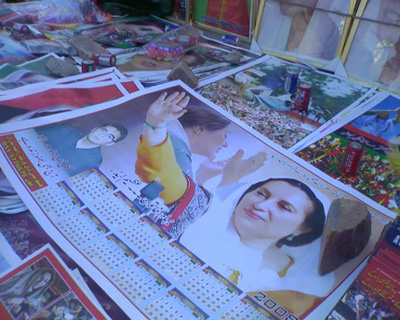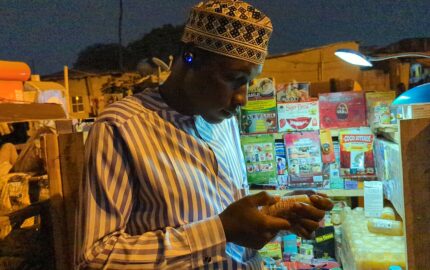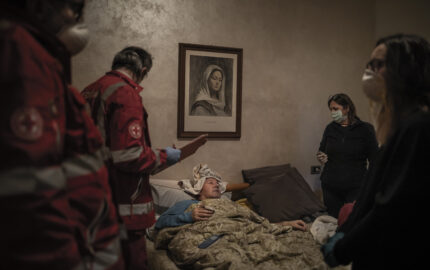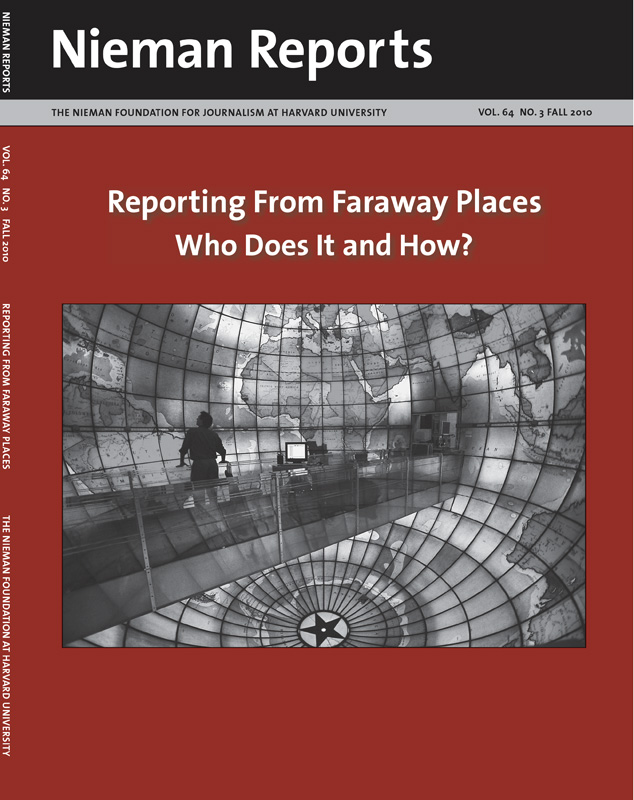
It is one of the most coveted assignments in Indian journalism, and I had dreamed about it for many years. Yet as I flew to Islamabad from New Delhi in May 2006 to take up my post as the new foreign correspondent in Pakistan for my newspaper, The Hindu, my heart filled with dread.
Partly, it was the challenge of a new assignment. An unwritten agreement between India and Pakistan ensures only two journalists from either country can be stationed in the other at any given time. Pakistan always sent representatives from its state-owned media to New Delhi. The Hindu, a privately owned independent English language daily, has one of the two slots for India, a wire service the other. The job comes with much responsibility.
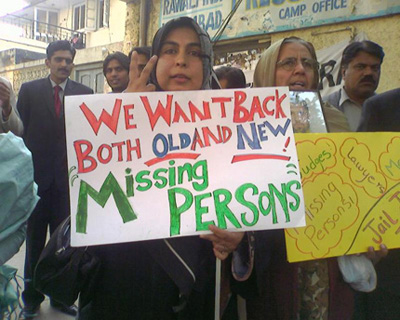
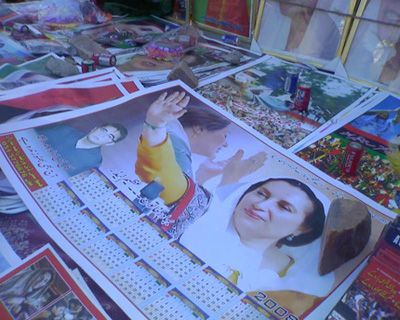
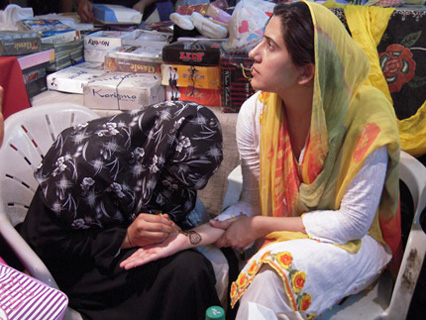
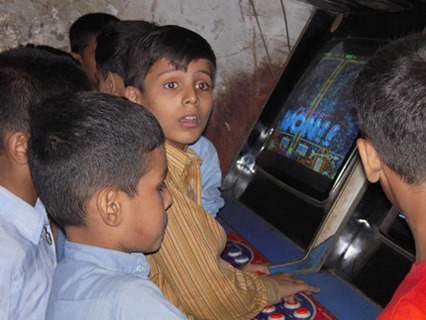
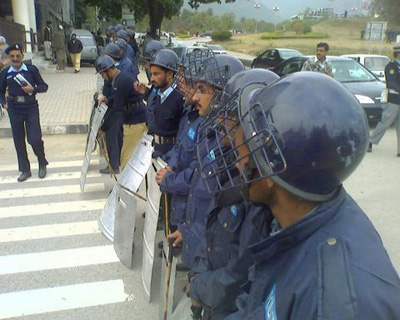
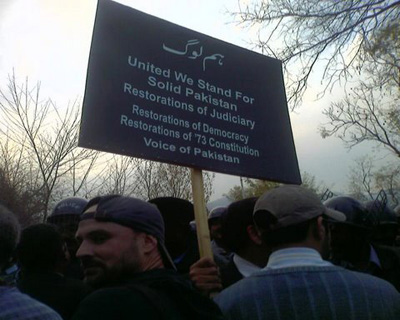
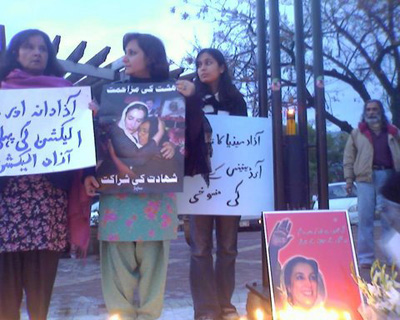
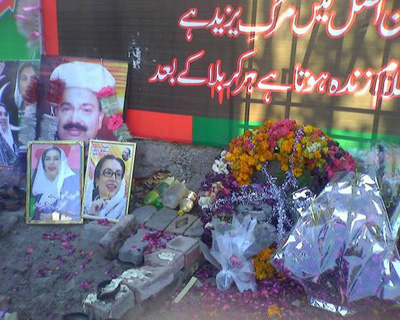
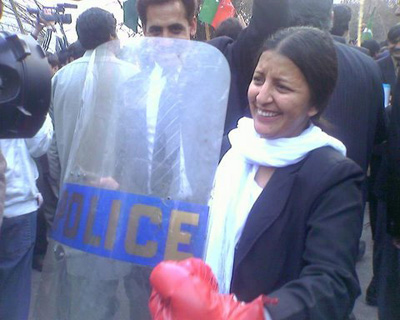
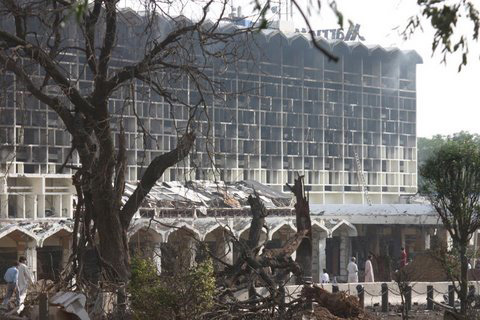
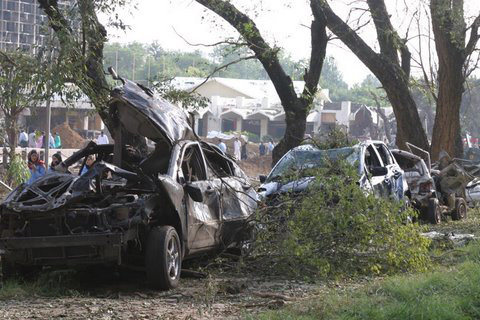
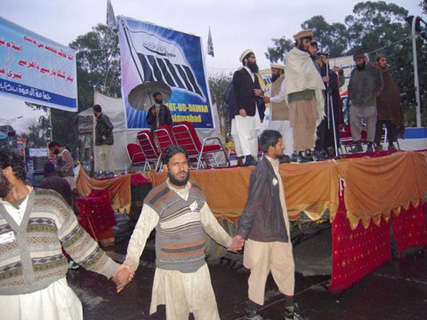
The newspaper’s Pakistan coverage is known for its sobriety and balance; Pakistan-watchers in India and elsewhere follow it closely. One former diplomat, who had served as India’s high commissioner to Pakistan, told me before I left: “You will be one of only two Indians who can write what they see and hear for others to read. We diplomats write too, but that’s only for the files.”
In part, the dread that I felt was about going to a country that I had grown up thinking of as “the enemy” and where people thought likewise of India and Indians. Pakistan separated at birth from India in 1947, and after three and a half wars they are locked in instinctive rivalry over everything from the cricket ground to the size of their nuclear arsenal. My predecessors had warned that life would not be easy.
Having left in February after nearly four years in Pakistan, I look back on my time in that country as the most complex and rewarding period of my 24 years as a journalist. I learned much as I unlearned much more about Pakistan and my own country and gained important insights into my profession.
The Eyes Watching Me
One of the first things to hit me was the difference between how the Pakistani state and the Pakistani people viewed me. On arrival, I gained two shadows from the national intelligence agencies. During the next four years, the “state” would be with me constantly—mostly just one man on a motorbike, wearing blue jeans and glasses, but at times, three or even four men, stationed outside my house, following me wherever I went. I took for granted that my phones were tapped and my e-mails read.
There was nothing covert or discreet about the shadowing; it was done openly. Nor was I singled out. The other Indian journalist got similar treatment, as had all our predecessors. Indian diplomats are subject to much closer surveillance. I quickly realized it was not so much to keep track of me as to discourage Pakistanis from interacting with me.
Pakistanis, fed up with the overwhelming influence of the national intelligence agencies on their nation’s destiny, sarcastically call them farishtey, Persian/Urdu for “angels.” If I went to a Pakistani home, they would be visited the next day by a farishta, or they would receive a phone call from a “blocked caller ID” number asking them how they knew me, what business they had with me, and what we had talked about. If a Pakistani visited me at my office-cum-home, he would be accosted by the farishta at the gate, asked for his identity, and the same questions followed. Evidently the intelligence agencies feared I could be an Indian intelligence operative who was trying to recruit agents in Pakistan.
Not surprisingly, I had very little official access. No bureaucrat wanted to be seen talking to an Indian journalist for fear of earning a career-affecting black mark from the intelligence agencies. My only professional interaction with the government was through press officers. The Pakistani military held briefings for foreign journalists and took them on visits to the North-West Frontier regions where they were fighting the Taliban. Neither of the two Indian journalists was ever invited.
From the kind of questions I asked at a press conference to the number of times I visited the Indian High Commission and which Indian diplomats I socialized with, I felt constantly studied for evidence of my presumed links to the Indian intelligence agency, the Research and Analysis Wing.
The onus was on me to prove I was clean and not just through what I wrote for my newspaper, although that was important too. This I found to be one of the big challenges of my job. As a journalist, I had to find out about things, but if I asked too many questions, even in a social situation, people would say: “My dear, you are very curious, aren’t you?”
Afraid that I might unwittingly confirm the presumption that I was an extension of the Indian High Commission, I deliberately interacted with Indian diplomats less than I did during an earlier posting in Sri Lanka; at press briefings, I worked hard at phrasing my questions so that no one could accuse me of asking one planted by the Indian government. Even after all this, a friend with contacts among the farishtey dropped a warning: “They think you are calling the Indian High Commission too often.”
Visa Problems
The visa terms for Indian journalists are restrictive, and this drastically affected my coverage of events. Based in Islamabad, I could travel to Lahore and Karachi only. Every other place in Pakistan was off-limits. I was always told I could ask for permission to visit any place in Pakistan. Long after the dates of my proposed travel were past, I would get a note from the information ministry’s External Publicity Wing telling me that “your request is regretted”(sic).
Rawalpindi, which is less than 10 kilometers from Islamabad, was out of bounds too. But just once, I got permission to go. It was to cover Benazir Bhutto’s election campaign rally in that city on December 27, 2007. I was just 30 feet away when a suicide bomber blew himself up near her car in the attack that killed her.
The visa renewal process was an annual battle. I applied four months before the visa ran out in May every year, and I usually got it four months after it expired. It was something to keep you on tenterhooks for eight months of the year. At the first renewal in 2007, I had to wait until September. The exact reason for the delay was never spelled out to me. But one day the top official in external publicity summoned me and warned that I was “trespassing in the domain of national security” and to stay clear of such “activities.”
My own conjecture—based on identically worded reports containing an indirect reference to me in two English language newspapers—was that I was being punished for being friends with Ayesha Siddiqa, the author of “Military Inc.,” a critical book about the Pakistani military that caused a storm when it came out in mid-2007.
Considering how shut out I was from official Pakistan, I was lucky that one of the big stories during my time there, the fall of General Pervez Musharraf, unfolded mostly on the streets of the Pakistani capital. My lack of government access did not matter nor did the travel restrictions; it was all happening on the streets outside the Supreme Court, a couple of kilometers from where I lived. Lawyers and politicians involved in the protests were always happy to talk and were extra courteous when they discovered I was Indian. Other events in 2007, a defining year in Pakistan’s history, were also easily accessible because they were happening on the streets of Islamabad, such as the siege of Lal Masjid.
There were downers, too—my requests for interviews with the president, prime minister, or foreign minister were never granted. Officials always quoted the reciprocity principle—“Our journalists in India are not even invited to your foreign office briefings.”
People Talk to Me
If official Pakistan was always suspicious, distant and sometimes hostile, the people seemed to inhabit a separate universe when it came to dealing with an Indian. Even if some thought I was a spy, their reactions to me were a complex mix of curiosity and suspicion, friendliness and antagonism, warmth and caution.
My nationality was a natural icebreaker. “Oh! Indian? Which part? My father is from [Indian] Punjab” was a common refrain. Or “Have you met Shahrukh Khan?”—a reference to India’s top film star. Bollywood films are a huge hit in Pakistan, as is Indian music, both pop and classical, and Pakistani women are hooked on Indian soaps. I encountered both dislike and admiration for India and an envy that it had left Pakistan far behind in so many ways.
Waiting for a flight to Lahore once, I was accosted by a teenage boy who asked me for my autograph. “Why do you want my autograph?” I asked him. “But you are Indian, aren’t you?” he said.
Many people braved the angels at the gates to visit me and opened their homes to me. I had never expected to make so many friends in Pakistan. Some I now count as family. As eager as I was to know more about them and their lives, they wanted to find out about me and my country and its successes and failures. We did not always agree on everything, but if I was able to bring perspective and depth to my coverage, it was thanks to these interactions with Pakistani people.
With my Indian nationality far more important than my identity as a reporter in the eyes of others, all through those four years I was acutely aware that I was not just a journalist reporting a story but also a part of the story. Just how much this was so is something that I realized with the terrorist attacks in Mumbai in November 2008.
Every Pakistani I knew wanted me to tell them “what India [is] thinking.” A day didn’t pass in which I found myself without a variant of that question. Pakistani television shows asked me to talk about the “Indian viewpoint.” Those tense months were a revelation about how governments use the media and how the media in turn can manipulate both government and their audiences. Strangely enough, I made more friends during this time than in the two years before.
The Pakistani state came back at me in 2009. In August as I waited for my visa extension, I was abruptly asked to leave the country within two weeks. My application had been rejected. I was given no reason, and this time I had no clue if it was to do with a story I had written, something I had said on one of the television channels, or if the angels were simply unhappy with my rapidly expanding network of Pakistani friends. The Hindu preferred to work out this situation quietly so that it would not become another point of contention between the two governments. I got a six-month reprieve, until February 2010.
From my experience in Pakistan, there are a few things I now know for certain. One is that it would do much for relations between India and Pakistan if the two governments scrapped that two correspondents rule, opened up to as many media organizations from the other side as are interested in sending correspondents, and allowed them to travel without restrictions and report freely.
Journalists on both sides must push hard for this to happen.
Nirupama Subramanian, a 2003 Nieman Fellow, is deputy editor with The Hindu. For her coverage from Pakistan, she won two prestigious awards in India, the Prem Bhatia Award for Excellence in Journalism in 2008 and the Chameli Devi Award for Outstanding Woman Mediaperson in 2009.
